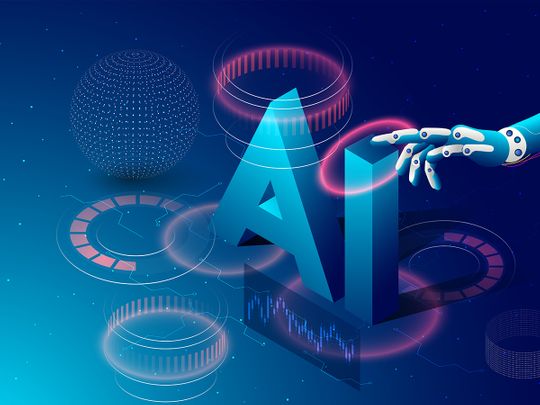
Artificial intelligence (AI) has become an integral part of our daily lives, shaping the way we interact with technology, make decisions, and navigate the world around us. As AI continues to evolve and advance, the ethical implications of its development and deployment have come under increasing scrutiny.
Recent revelations about the practices of major tech companies such as OpenAI, Microsoft, Google, and Meta have sparked conversations about the ethics of AI development and the need for greater transparency and accountability in the industry.
A recent investigation into the development of generative AI systems by these tech giants has shed light on some concerning practices. In the quest to create the latest AI models capable of generating humanlike text, companies might be cutting corners, flouting copyright laws and changing their privacy policies to access vast amounts of data from the internet. This raises important questions about the ethical boundaries of AI development and the potential risks associated with unchecked technological advancement.
Bias and discrimination
At the heart of the issue is the balance between innovation and responsibility. While AI has the potential to revolutionise industries, improve efficiency, and enhance our quality of life, it also presents significant ethical challenges. From concerns about data privacy and security to issues of bias and discrimination in AI algorithms, the ethical implications of AI development are complex and far-reaching.
One of the key ethical considerations in AI development is the responsible use of data. As AI systems rely heavily on data to learn and make predictions, the collection and use of data raise important privacy concerns. Companies must ensure that they are transparent about how they collect, store, and use data, and they must take steps to protect user privacy and safeguard against potential misuse or abuse of data.
Another ethical consideration is the potential for AI systems to perpetuate or exacerbate existing biases and inequalities. AI algorithms are only as unbiased as the data they are trained on, and if data sets contain biases or inaccuracies, AI systems may produce biased or discriminatory outcomes. Companies must actively work to identify and mitigate biases in their AI systems to ensure fairness and equity in their applications.
Safety, reliability, and accountability
Additionally, the ethical implications of AI extend beyond individual companies to society as a whole. As AI becomes increasingly integrated into critical systems and infrastructure, such as health care, finance, and transportation, the potential impact of AI failures or malfunctions becomes more significant. Companies must consider the broader societal implications of their AI technologies and prioritise safety, reliability, and accountability in their development and deployment.
In light of these ethical considerations, it is clear that greater oversight and regulation of AI development are needed. Governments, regulatory bodies, and industry stakeholders must work together to establish clear ethical guidelines and standards for AI development and deployment. This includes robust mechanisms for ensuring transparency, accountability, and fairness in AI systems, as well as mechanisms for addressing ethical concerns and grievances.
Ultimately, the ethical development of AI requires a collective effort from all stakeholders involved, including companies, researchers, policymakers, and the public. By prioritising ethics and responsibility in AI development, we can harness the power of AI to drive positive change and create a more equitable and sustainable future for al
Alex Chen is an AI governance consultant and columnist








